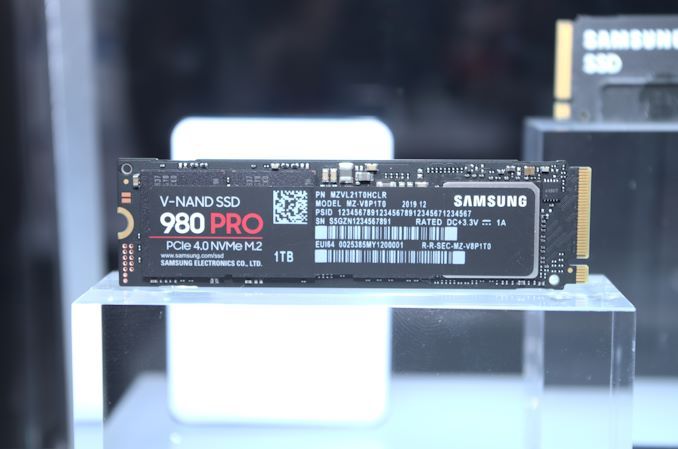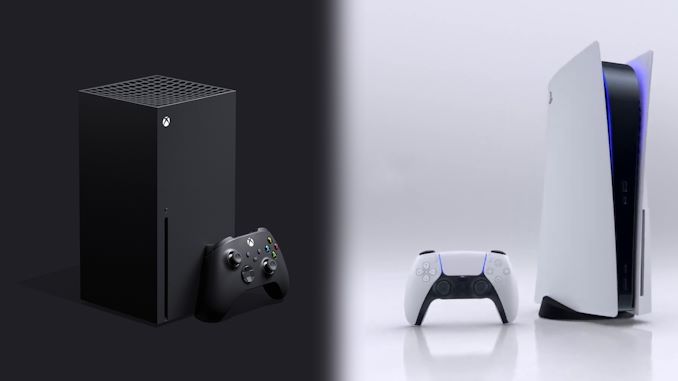Xplainin
Banned
No doubt that SSDs will now become a major part of gaming PCs as games and engines evolve to require them.
The way the consoles are designed the SSD is highly integrated into the APU. On both consoles th SSDs are connected onto the main APUs where there is custom decompression hardware that reduces the need of the CPU to decompress the data coming from the SSD which then gets sent to the RAM.
With the traditional PC design of needing to send data from the drive to system RAM, and then from system RAM to video RAM, is it going to be possible for PC to ever have that same integration of SSD and APU/GPU as this gen will have?
Will the PC be able to have hardware decompression blocks to reduce CPU usage like the consoles, or does that mean that PC wont be able to rely on compression like the consoles will?
What differences will the PC have to have compared to consoles, and how will that effect potential performance?
The way the consoles are designed the SSD is highly integrated into the APU. On both consoles th SSDs are connected onto the main APUs where there is custom decompression hardware that reduces the need of the CPU to decompress the data coming from the SSD which then gets sent to the RAM.
With the traditional PC design of needing to send data from the drive to system RAM, and then from system RAM to video RAM, is it going to be possible for PC to ever have that same integration of SSD and APU/GPU as this gen will have?
Will the PC be able to have hardware decompression blocks to reduce CPU usage like the consoles, or does that mean that PC wont be able to rely on compression like the consoles will?
What differences will the PC have to have compared to consoles, and how will that effect potential performance?



